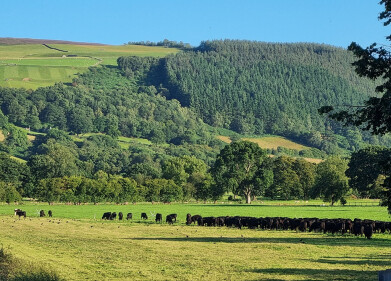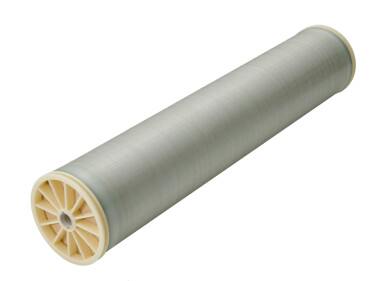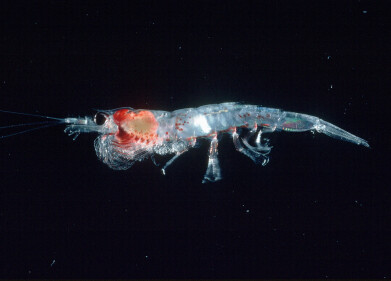Water/Wastewater
Clever System Enables a Significant Increase in Energy Efficiency and Operational Safety
May 02 2014
The heat exchanger from DAS Environmental Expert GmbH (Germany) enables water heated during the process to be used to heat cold fresh water. This helps to optimise the temperatures of the water flows and to reduce the energy consumption. The info graphic uses the example of a paper factory. The process water supplied at the start of production is too cold at 12 degrees Celsius and must be heated up. At the end of the process, the wastewater has a temperature of 55 degrees Celsius and is therefore too hot for the installed biological wastewater treatment system. The sewage treatment plant would no longer work at this temperature, as the microorganisms would die. An official upper temperature limit of 30 degrees Celsius is also in place for discharging wastewater.
The heat exchanger from DAS Environmental Expert GmbH uses double-wall plates ("thermal plates"), which are kept clean at all times with a simple cleaning system. The cooling water is distributed evenly over all thermal plates and flows through the heat exchanger once in a ring shape. The wastewater is fed into the heat exchanger from the bottom and flows upwards through the tank to be drained off at the top side. So the cold river water flows on the inside of the thermal plates and the hot waste water flows on the outside.
The heat exchanger is made of stainless steel. Soiling is reduced to a minimum with a continuously rotating brush system and the heat is exchange optimised. The rotating brushes also guarantee a high flow rate and increased heat exchange performance. The wastewater also flows in spiral-shaped circulation thanks to the rotating motion of the brushes. This achieves the effect of a counter-flow heat exchanger. This design principle enables installation in the outlet of existing wastewater treatment systems without using additional pressure booster pumps. No elaborate measurement and control technology is required.
It is not only paper factories that have problems with the water temperature on the outlet. Operators of biogas plants, foundries and hardening plants, dye works, industrial-scale laundries and even the food industry can benefit from this type of system. Using the heat exchanger can save the plant 40% of the natural gas previously required. The investment pays for itself in just one year.
Events
Carrefour des Gestions Locales de L'eau
Jan 22 2025 Rennes, France
Jan 29 2025 Tokyo, Japan
Feb 05 2025 Nantes, France
Feb 16 2025 Kampala, Uganda
Feb 26 2025 Chennai, India




-as-feedstock.jpg)





